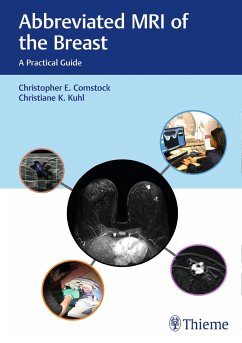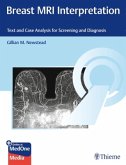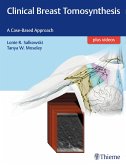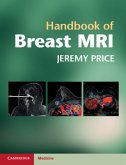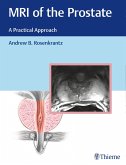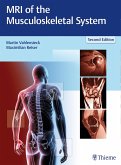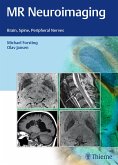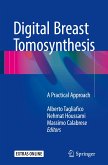Although mammography is the primary method used for breast cancer screening, screening mammography is limited especially in women with dense breasts, which includes nearly 50% of all women in the United States. Despite improvements such as digital mammography, computed aided detection, and digital breast tomosynthesis, breast cancer continues to be a leading cause of cancer-related death in women. The recent proliferation of screening breast ultrasound has led to increased health care costs and false positives, with only a slight improvement in breast cancer detection. It is time for a better test.
This is the first textbook dedicated to the subject of abbreviated breast MRI (AB-MR). The editors are principal investigators in the first multicenter trial evaluating AB-MR. Each chapter is authored by a leading expert in the field of breast MRI.
AB-MR only takes 10 minutes or less to perform, has a comparable cost to screening breast ultrasound, and detects twice as many cancers compared to combined screening with mammography and ultrasound. The improved performance of AB-MR is irrespective of breast density, family history, overall breast cancer risk, and cancer characteristics (e.g. type, staging, invasive or intraductal, primary or recurrent). As such, it will likely become a routine screening tool in women with dense breasts.
Key Features
- A background on breast MR imaging including a review of current research data
- Fundamental guidelines for implementing, performing, and interpreting AB-MR
- Technical approaches with proven efficacy, including biopsy methods
- Accurate interpretation presented in an easy-to-read flow chart format
- More than 250 high quality color illustrations
AB-MR has the potential to help radiologists overcome breast cancer screening limitations and change current standards of practice. This book provides radiologists with the necessary tools to quickly incorporate AB-MR into clinical practice, with an ultimate goal of improved breast cancer detection rates and patient outcomes.
This is the first textbook dedicated to the subject of abbreviated breast MRI (AB-MR). The editors are principal investigators in the first multicenter trial evaluating AB-MR. Each chapter is authored by a leading expert in the field of breast MRI.
AB-MR only takes 10 minutes or less to perform, has a comparable cost to screening breast ultrasound, and detects twice as many cancers compared to combined screening with mammography and ultrasound. The improved performance of AB-MR is irrespective of breast density, family history, overall breast cancer risk, and cancer characteristics (e.g. type, staging, invasive or intraductal, primary or recurrent). As such, it will likely become a routine screening tool in women with dense breasts.
Key Features
- A background on breast MR imaging including a review of current research data
- Fundamental guidelines for implementing, performing, and interpreting AB-MR
- Technical approaches with proven efficacy, including biopsy methods
- Accurate interpretation presented in an easy-to-read flow chart format
- More than 250 high quality color illustrations
AB-MR has the potential to help radiologists overcome breast cancer screening limitations and change current standards of practice. This book provides radiologists with the necessary tools to quickly incorporate AB-MR into clinical practice, with an ultimate goal of improved breast cancer detection rates and patient outcomes.

